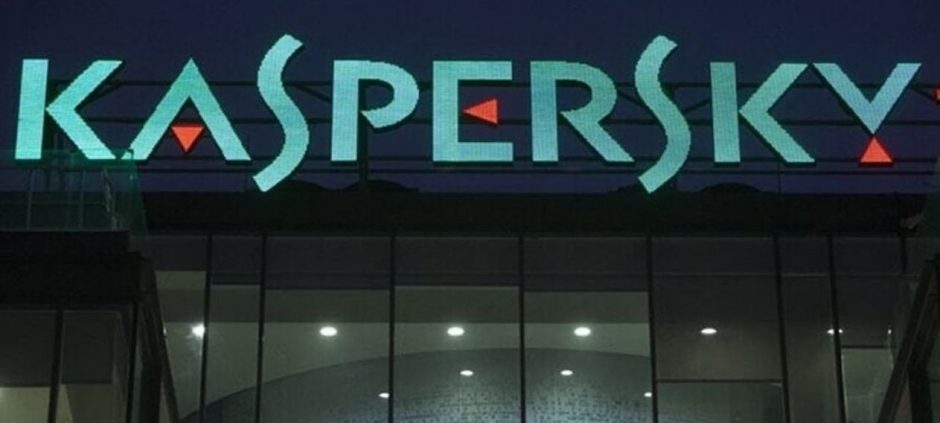Pakistan’s Oil And Gas sector, along with government organizations, is facing growing cybersecurity threats. Over 2.5 million web-based attacks were reported in the country from January to September 2025. These attacks targeted sensitive information and critical infrastructure.
Kaspersky, a global cybersecurity company, shared data on Pakistan’s current cyberthreat landscape during a press conference on Friday. Dmitry Berezin, Kaspersky’s Global Security Expert, highlighted the increasing sophistication of cyberattacks, including ransomware, exploits, and Advanced Persistent Threats (APTs). He emphasized the need for organizations to adopt strong cyber hygiene and proactive security measures.
The report revealed that more than 5.3 million on-device attacks occurred in the first three quarters of 2025. Around 27% of users and 24% of corporate entities faced malware infections from USB drives, CDs, DVDs, and hidden installers. Malware types included ransomware, spyware, trojans, backdoors, and password stealers.
Web-based threats were also significant. Kaspersky blocked over 2.5 million online attacks affecting 16% of users and 13% of corporate organizations. Threats included phishing scams, botnets, network spoofing, and Remote Desktop Protocol (RDP) attacks.
The Oil And Gas industry remains a prime target for cybercriminals. Seven Advanced Persistent Threat (APT) groups are reportedly active in Pakistan, focusing on critical infrastructure, government bodies, and commercial organizations. One group, “Mysterious Elephant,” uses spear-phishing, exploit kits, and malicious documents to steal sensitive files and WhatsApp data.
Kaspersky recommends that organizations strengthen defenses through regular software updates, strong authentication, restricted remote access, endpoint detection and response (EDR), and continuous user training. Ransomware and targeted attacks require both preventive and responsive security measures.
“Understanding the threat landscape is essential for all organizations,” said Dmitry Berezin. “Proactive security measures can significantly reduce potential damage.”
In other related news also read Lakki Marwat Oil and Gas Field project completed.
With threats increasing, Pakistan’s Oil And Gas sector must prioritize cybersecurity to protect critical operations and sensitive information.











